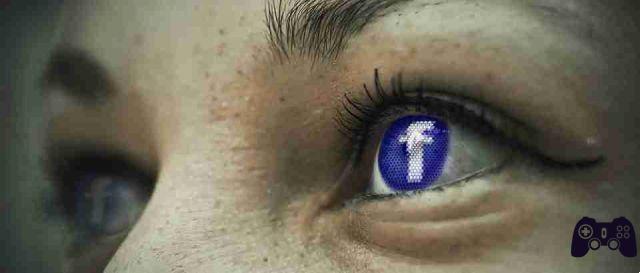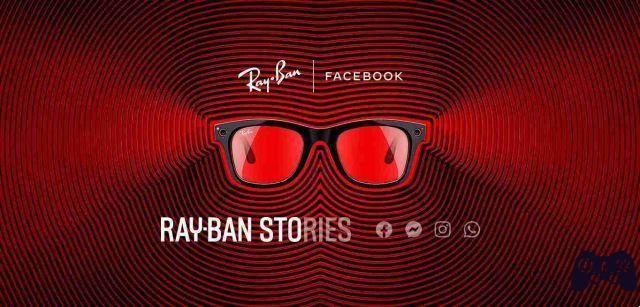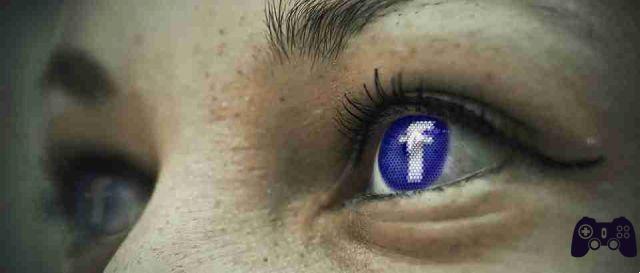
How to protect your Facebook account from hackers. Take all possible technical measures, as described below, to keep hackers away.
How to protect your Facebook account from hackers
Password
Choose a password that is difficult to guess but easy to remember. There are many ways to do this, but an easy one is the sentence method. To use this method, choose a sentence that includes numbers. Change the first letter of each word to uppercase. Switch to commonly used symbols to add symbols, add numbers, spaces (a blank is considered a character in passwords) and punctuation at the end. For example, "G3t To Th3 St @ dium within 1 hour!"
If this is still too complicated, you could use a password manager to manage and generate a strong password.
Hide Email address
Since your email is your Facebook username, you should hide it and protect it. To do this, open the Information page. Click "Contacts and basic information" in the left column. Hover over the Email field and click the button "Edit" when is displayed. Click the down arrow and change access to "only me" and save the changes.
Remove app access
Another way hackers can access your account is through apps. These apps are the ones that you have consented to access through your Facebook account. So delete your account of all apps you don't use, especially if you don't recognize the app!
To do this, click on the triangle icon at the end of the top bar on Facebook. Select "Settings" and locate "Apps and websites" in the left column. Click on it to see all apps with access. Check the boxes of the ones you want to delete and click the blue button at the top.
Unacknowledged access warnings
If you want to make sure no one is logging into your account, activate "Receive alerts on unrecognized logins". With this, you can choose whether you want to receive these notifications via Facebook notifications, email, Messenger or phone. Every time you log in from a different place, you will receive one of these messages.
Two-factor authentication
Two-factor identification after entering your username and password sends a security code to the phone that you must enter to gain access. Nobody will be able to log into your account without having your phone in hand.
If you're using a web browser on a computer, enable two-factor identification by going to Settings like you did to check your apps. Click on the option "Security and access" at the top of the left column. Click "Edit" next to the option "Use two-factor authentication" and follow the instructions.
On a mobile device, enable it by tapping the menu icon (three horizontal lines or vertical dots). Scroll down to Settings, then on "Privacy -> Account Settings> Security and Login." Scroll down and tap “Use Two-Factor Authentication” and follow the instructions provided.
Encrypt notification emails
Another way to make sure all emails coming from Facebook are genuine is to enable a public key to encrypt the messages. To do this, go to “Settings -> Security and log in”. Scroll down and click "Encrypted notification emails". Add yours OpenPGP public key and allow Facebook to send encrypted messages. You will receive an email to verify that you can read these messages before they start using encrypted messages for all of your emails.
Check your email history
Another way is to make sure that an email that arrived in your inbox really came from Facebook, for this you can use the option "View recent emails from Facebook" at the bottom of the security options list. When you click on the view next to this option, you will see a list of recent security and login emails and a tab to see other emails they have sent. If this email that reached your email account is not on this list you will know that it is fake and that it was a scam.
Other considerations for keeping your Facebook account safe
Even if you completely block everything using all the methods above, the hackers will still try to find a way to log into your account. If they can't breach your security, they'll try to trick you into giving them access. Here are ways they might try to get your data.
Messages
Do not reply to any post that asks you to verify your credentials or password. Facebook will never ask you to do this, especially not publicly.
Apps and games
While there are a ton of legitimate and useful apps that are used on Facebook every day, there are plenty that are just scams. If a friend asks you to try an app via Facebook, he sends them a message to verify that they actually sent the request before installing it.
Email messages
Beware of emails that appear to come from Facebook. Do not click on any links in that email. Log into your account and check your messages to see if the link is real. (See Email History section as explained above)
External Link
Pay attention to the links that appear in the news section or on messenger. Even if someone you know has sent the link, remember that they may have been hacked. If your friend is sending unusual links, let them know that someone may have hacked them and that they need to change their password. Also, keep an eye on your history for any posts that may not have been sent by you or a friend.
Friendship request
Finally, be very cautious when accepting friend requests from people you don't know in real life. If the profile is only a few weeks old, it's probably a scam.
Look at the photos on their timeline to see if they look genuine or if they have been downloaded from somewhere else. If their links are spam it is probably best to decline the invitation.
Conclusions
If you follow these hacker tips it will be difficult to log in and take control of your Facebook account.






